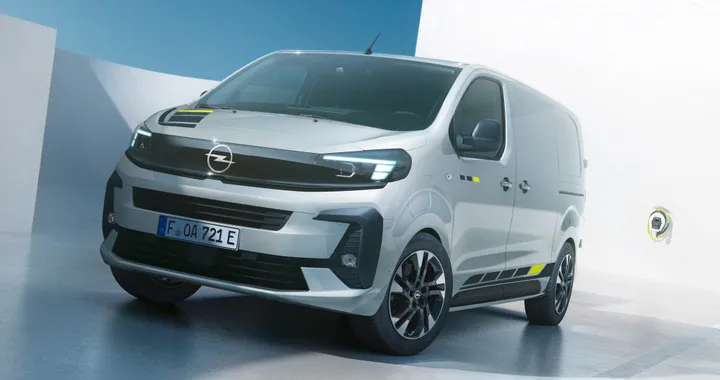For electric vans, the study estimates possible savings of up to 21% thanks to lower operating costs

Electric vans and buses? According to the study ” TCO for Logistics and Local Public Transport ,” presented in Rome by Motus-E , they can already be more cost-effective in several areas of use than diesel engines . In particular, the study highlights the savings transport companies can make by adopting electric vehicles. For example, using an electric van can generate a 21% saving in terms of total cost of ownership (TCO) after just six years of use.
TCO is the parameter that defines the overall cost incurred for the purchase and use of a vehicle, absorbing all possible cost items, from refueling to maintenance.
ELECTRIC VANS ARE MORE AFFORDABLE THAN DIESEL ONES
The study highlights that the savings are essentially driven by the advantage of electric vehicles in terms of operating costs , which can fully offset the purchase cost, which today is still higher than their internal combustion counterparts. Going into more detail, according to the research, the higher purchase cost, which is on average 59% higher, is completely offset by 37% lower maintenance costs, 61% lower refueling costs, and 48% lower other operating costs (AdBlue consumption, insurance, and others), resulting in an average benefit of 21% within six years.
The same reasoning can also be applied to electric buses. According to the research, on certain types of routes, electric buses can already provide public transport companies with substantial parity in total cost of ownership after six years of use, achieving annual savings of up to 8% if specific incentives are activated. The study also examines electric vehicles for long-distance heavy-duty transport. In this case, however, the lower operating costs do not fully offset the higher cost of purchasing these vehicles. However, thanks to technological advances in this sector, it is expected that within six years, electric vehicles will be the most cost-effective solution for this type of use as well.
A DEDICATED CHARGING NETWORK IS NEEDED
To support the development of electric vehicles for long-distance heavy-duty transport, it is essential that Italy rapidly equip itself with a dedicated charging network , allowing all operators in the sector to benefit from the economic advantages that electrification will bring in the coming years. This topic is explored in another study presented by Motus-E and conducted in collaboration with GSE and Infoblu NewGen. After analyzing the data and mileages of over 100,000 trucks circulating in Italy, the study identified the key areas requiring infrastructure development to allow transport companies to evaluate the transition to electric vehicles where this offers a genuine advantage.
Finally, the study raised the issue of guidelines for new industrial sites , for which it is now essential to issue binding guidelines that provide adequate spaces for truck charging.

